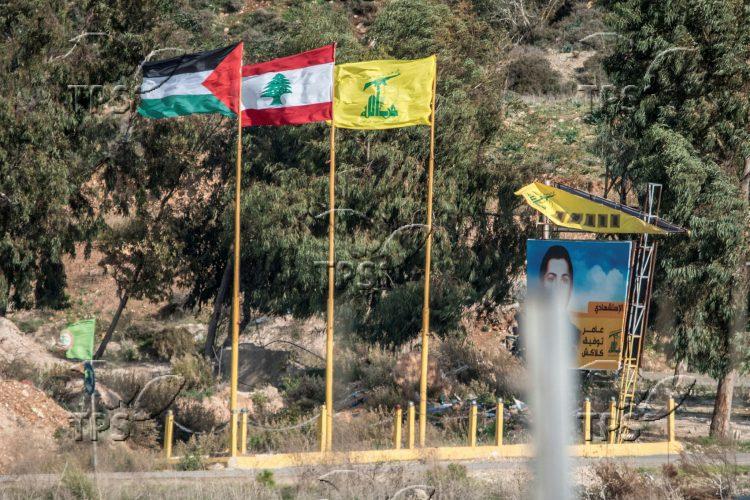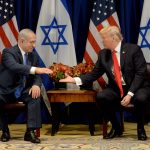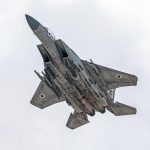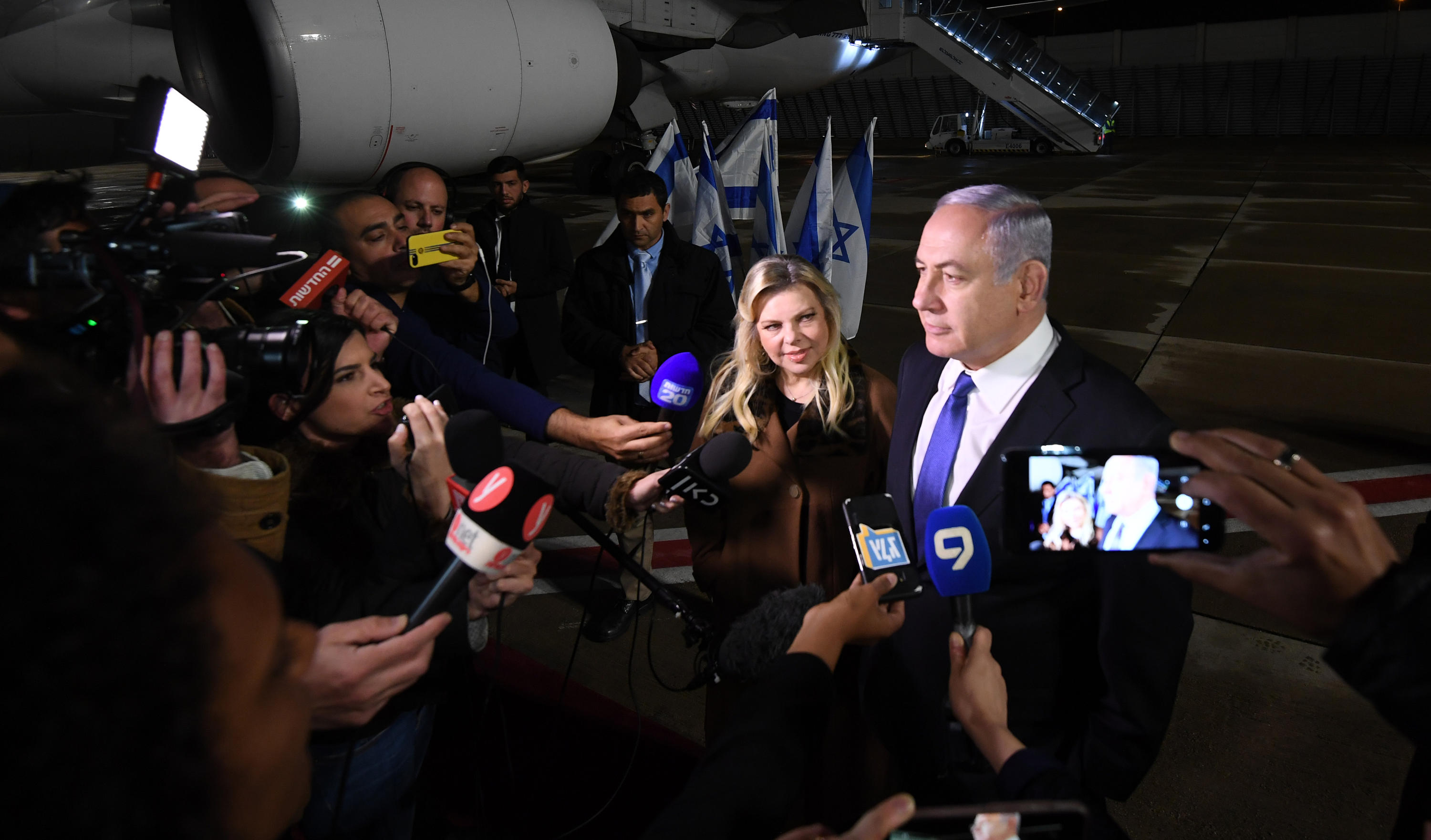Could Hezbollah Leader’s ‘Spider Web’ Theory Ignite War With Israel?
Jerusalem, 24 May, 2023 (TPS-IL) -- Hezbollah leader Hassan Nasrallah believes Israel has been significantly weakened by weeks of domestic political turmoil and may seek a dangerous escalation that could ignite a war, Israeli officials warn.
For several years, Nasrallah has compared Israeli society to a spider web — a weak structure with no foundations that can easily be brushed aside. And Israeli social divisions over a controversial judicial reform initiative are reinforcing the “spider web theory” in his mind, Israeli security officials told the Tazpit Press Service.
“We understand that Nasrallah is aiming for another action against Israel, an action that will be a leap forward even in relation to the failed Megiddo operation,” a senior Israeli political security official told TPS.
The official stressed that Nasrallah’s planned operation could trigger a large-scale conflict in the region.
“The next operation will not be considered by us as ‘Operation Megiddo 2’ but as ‘the Third Lebanon War,'” he said. Megiddo was a reference to a roadside bomb attack at the Megiddo Junction in northern Israel which injured an Israeli motorist in March. The man who planted the bomb was subsequently killed by Israeli soldiers while driving back towards the Lebanese border. Explosives and a weapon were found in the vehicle and the terrorist reportedly wore a suicide bomb belt.
Even though Nasrallah is trying to shift the responsibility towards the Palestinians, it is well understood in Israel that Hezbollah was complicit and even initiated the attack.
The Israeli security establishment emphasizes that Nasrallah’s strategic intent is very clear, even though the next step he is pursuing has not yet matured.
“Nasrallah believes with all his heart and soul that Israel is the ‘spider’s web,’ as he said in 2006, and therefore he is betting on its weakness and the absence of an Israeli response,” the Israeli source told TPS.
Additionally, rockets were fired from southern Lebanon in April from a region under Hezbollah’s control, prompting Israeli counter-actions against Hamas targets in Lebanon. The fact that Nasrallah subsequently met with Hamas leader Ismail Haniyeh indicates his involvement and approval of these actions, Israeli security officials told TPS.
As long as Nasrallah perceives Israeli weakness, Hezbollah will continue to deflect responsibility to Hamas and other parties for recent and future incidents.
Furthermore, Nasrallah’s actions are not limited to recent months. In the past, Hezbollah launched an aerial drone at an Israeli offshore gas rig, attempted attacks on Israel’s border, and threatened Israel not to attack oil tankers delivering illegal Iranian oil to Lebanon.
Hezbollah has also built 27 new bases on Lebanese border in the guise of a fake environmental organization. This has raised concerns Lebanese Christian concerns that Hezbollah’s presence in southern Lebanon puts their communities at risk of Israeli retaliation.
Experts also highlight Iran’s pressure and encouragement as factors influencing Nasrallah’s behavior. Iran has been pushing Hamas and Hezbollah to more closely coordinate their military activities in what Tehran and its proxies refer to as the Jerusalem Axis. Reports indicate that Iran is actively establishing a center for operational coordination against Israel in southern Lebanon, involving Hamas, Hezbollah, and Islamic Jihad.
This center particularly aimed at coordinating rocket attacks against Israel, and Iran is providing technical support and advisers for its operations.
Meanwhile, Lebanese discontent with Hamas’s presence on its soil has grown, particularly after rockets were fired into Israel from areas under Hezbollah control. Reports suggest that Lebanese officials have demanded Nasrallah stop Ismail Haniyeh’s visits and even consider arresting the Hamas chief.







